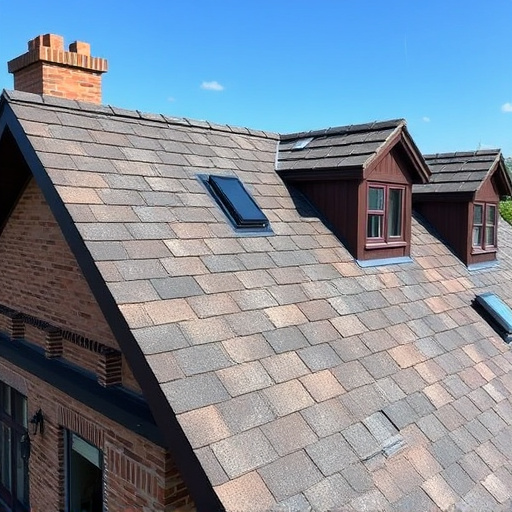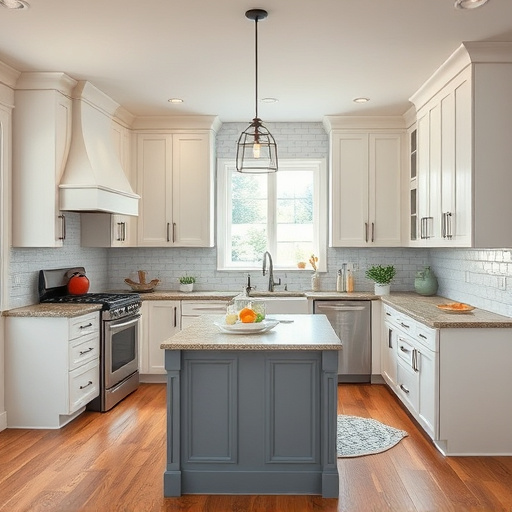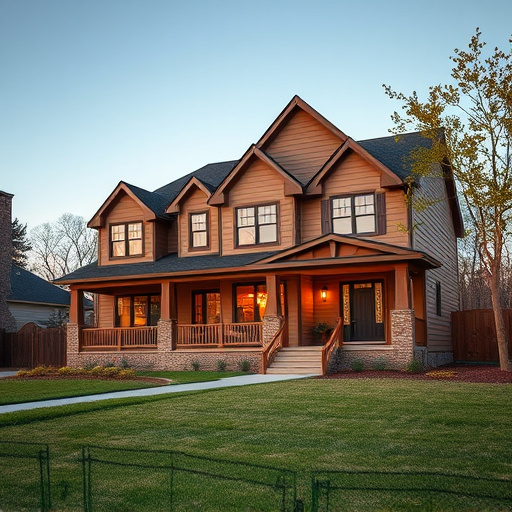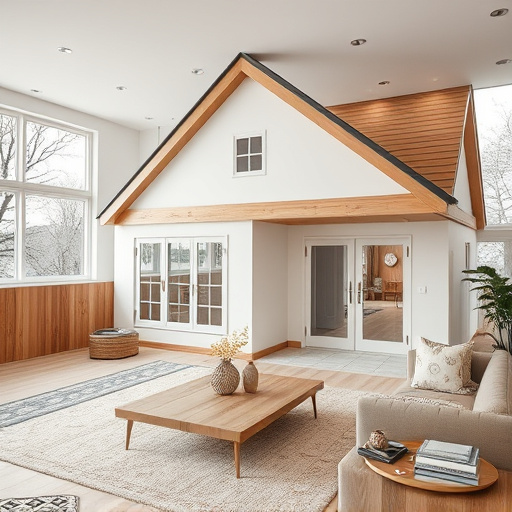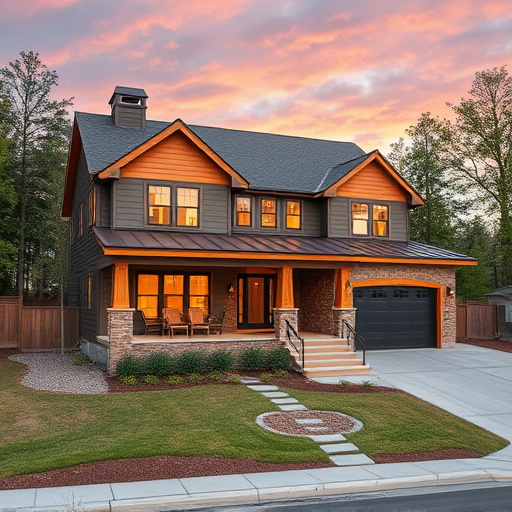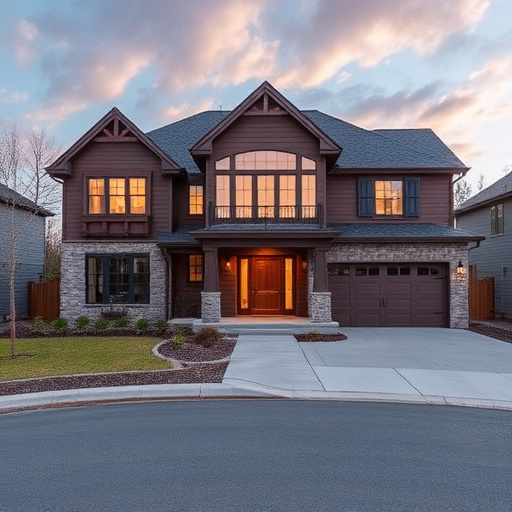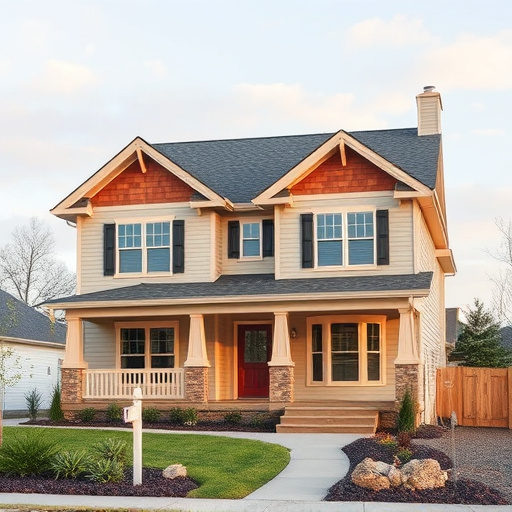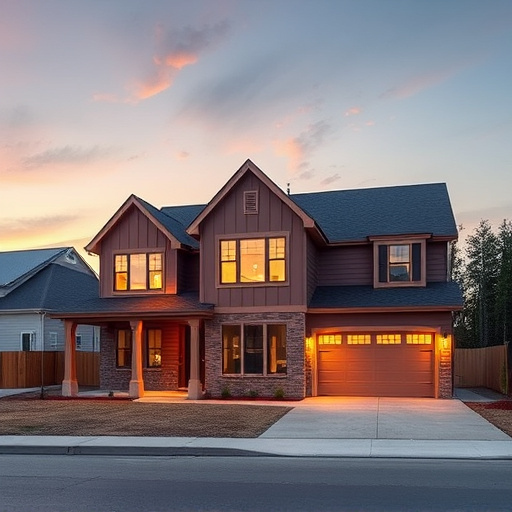Designing a modern kitchen with sustainability involves choosing eco-conscious appliances, materials (like recycled wood and bamboo), natural interior painting, and efficient storage solutions. Waste reduction strategies like meal planning, reusable containers, and compostable bags minimize non-biodegradable trash. Open shelving displays sustainable items while water-efficient faucets and LED lighting enhance eco-friendliness, creating an aesthetically pleasing and environmentally stewardship kitchen.
Creating an eco-friendly, sustainable modern kitchen isn’t just about aesthetics; it’s a conscious choice to minimize environmental impact. This guide explores practical strategies to transform your culinary space into an eco-lovers’ haven. From selecting energy-efficient appliances and natural materials to implementing waste reduction techniques and embracing sustainable design, we’ll navigate you through simple yet impactful changes for a greener kitchen.
- Choosing Eco-Conscious Appliances and Materials
- Waste Reduction Strategies for Daily Kitchen Tasks
- Sustainable Design Tips for Esthetic Functionality
Choosing Eco-Conscious Appliances and Materials
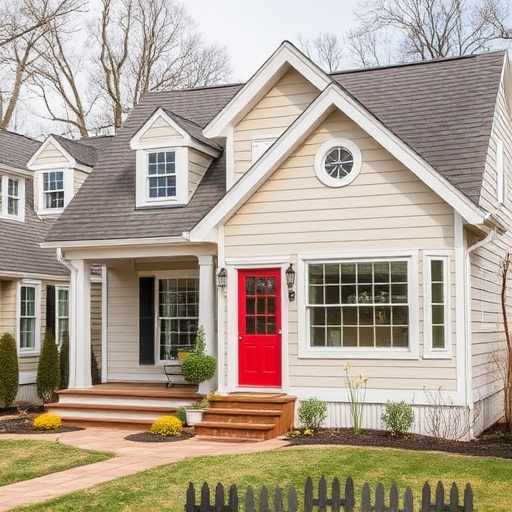
When designing a modern kitchen with sustainability in mind, one of the most effective steps is selecting eco-conscious appliances and materials. Opting for energy-efficient appliances reduces your carbon footprint by consuming less power, which is not only beneficial for the environment but also saves on utility bills. Look for appliances with Energy Star ratings to ensure they meet strict energy efficiency guidelines.
Additionally, choosing sustainable materials like recycled or certified wood, bamboo, and stone goes a long way in promoting eco-friendliness. These options reduce the demand for new resources and minimize waste. Even something as simple as opting for natural, non-toxic interior painting or considering exterior painting with eco-friendly stains can contribute to creating a healthier kitchen environment while keeping it aesthetically pleasing and modern.
Waste Reduction Strategies for Daily Kitchen Tasks
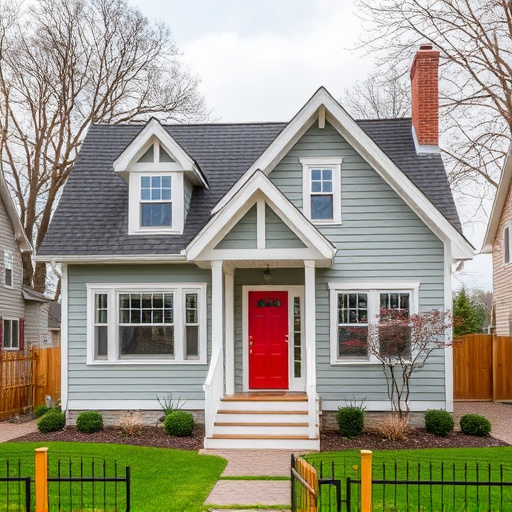
In a modern kitchen, waste reduction strategies are essential components for achieving sustainability. Simple daily practices can significantly minimize food and packaging waste. For instance, planning meals in advance and creating a grocery list ensures only necessary items are purchased, reducing overspending and excess trash. Additionally, adopting reusable containers for storing foods and utilizing compostable bags for garbage disposal helps cut down on non-biodegradable waste.
Implementing these strategies not only benefits the environment but also promotes healthier habits. Customized home renovations focusing on efficient storage solutions can further enhance waste management. By integrating smart organization systems, such as pull-out drawers or adjustable shelves, you create a streamlined kitchen that encourages the use of every item, reducing the likelihood of food spoilage and packaging waste from unused products. These eco-friendly practices are part of a broader movement towards sustainable living, ensuring a greener future for our planet, especially when considered alongside exterior painting and other home additions.
Sustainable Design Tips for Esthetic Functionality
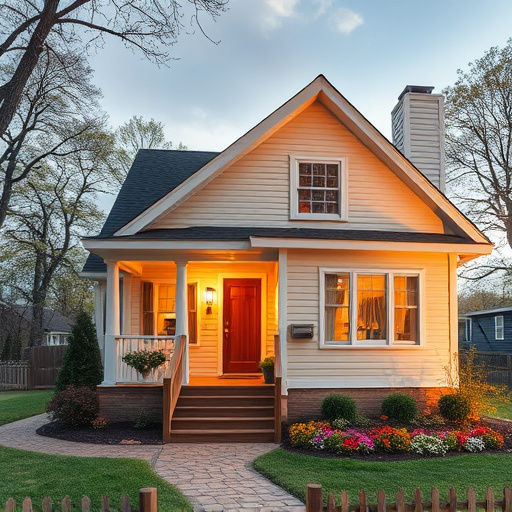
In designing a modern kitchen that’s both aesthetically pleasing and sustainable, every detail matters. Incorporate natural materials like bamboo or recycled wood for counters and cabinets to enhance the space’s beauty while minimizing environmental impact. Choose energy-efficient appliances with eco-friendly certifications, ensuring they meet high standards of sustainability. Smart storage solutions not only keep the kitchen organized but also help in reducing clutter, making it a more functional and peaceful hub.
Consider open shelving for showcasing beautiful, sustainable cookware or storing fresh herbs—a design choice that brings life into the space while promoting easy access. When planning kitchen renovations or home transformations, remember that sustainability doesn’t have to compromise style. From water-efficient faucets to LED lighting, every upgrade contributes to a more eco-conscious modern kitchen, reflecting your commitment to both functionality and environmental stewardship in multiple room remodels.
Incorporating eco-friendly practices into your modern kitchen is not only beneficial for the environment but also allows you to create a space that is both functional and aesthetically pleasing. By choosing sustainable appliances, reducing waste, and adopting efficient design strategies, you can make a significant impact on your carbon footprint without compromising on style. These simple yet effective changes contribute to a greener lifestyle and ensure your kitchen remains a hub of eco-consciousness for years to come.
